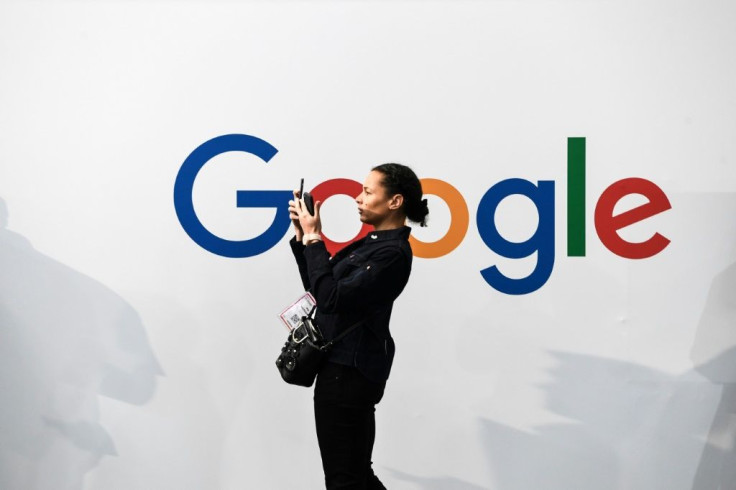Google's War On All Fronts Over Media, Competition And Tax
Californian internet giant Google faces a growing list of battles around the world, from tussles in Europe and Australia over fair compensation for media outlets to competition probes on both sides of the Atlantic.
Washington's powerful justice department is the latest to announce a probe into Google on suspicion of an "illegal monopoly".
US authorities have had the digital giant in their sights for years, and now accuse it of breaching competition law to maintain its iron grip on search and online advertising.
The government has called for "structural" change at Google, which could mean breaking it up.
Across the Atlantic, Google has come under Brussels' scrutiny three times in recent years for anticompetitive practices.
In 2018, the company was ordered to pay a 4.3 billion euro ($5.1 billion) fine over abuse of the dominant position of its Android mobile operating system to entrench the Google search service.
The previous year, Google was slapped with a 2.4 billion euro fine for abuse relating to its Google Shopping service.
And in 2019 there was a 1.5 billion euro bill over its AdSense targeted advertising service.
All three cases are now before European courts.

The EU opened up a new front against Google in August, with an "in-depth" probe into its acquisition of fitness wearables maker Fitbit that regulators fear would further buttress its dominance of the online advertising market.
News publishers in many countries have accused Google and other digital platforms of profiting off their content without giving them a fair share.
In March last year, the European Parliament adopted a directive on so-called "neighbouring rights" that calls for the giants to pay publishers.
France implemented the law immediately and was challenged in court by Google.
But judges recently upheld a decision that required the company to enter into talks with publishers over neighbouring rights.
Since then, Google has said it is close to a deal with one of its opposite numbers in the French press, and has also announced a programme to pay publishers around the world through a licensing system.
In Australia, the government in July unveiled a binding "code of conduct" that would require digital giants to pay media for their content and to increase transparency around the algorithms used to rank content in news feeds and search results -- on pain of significant fines.
Under the umbrella of the OECD, 137 countries are negotiating to find a way to make digital companies pay their "fair share of taxes", as many treasuries around the world currently see no cut of their massive profits.
But the US has often been a brake on the multilateral talks targeting a mostly American sector.
Short of a multilateral agreement, France went ahead alone with a digital tax levied for the first time in 2019. It has been suspended this year to give the OECD talks a chance.
© Copyright AFP 2024. All rights reserved.





















